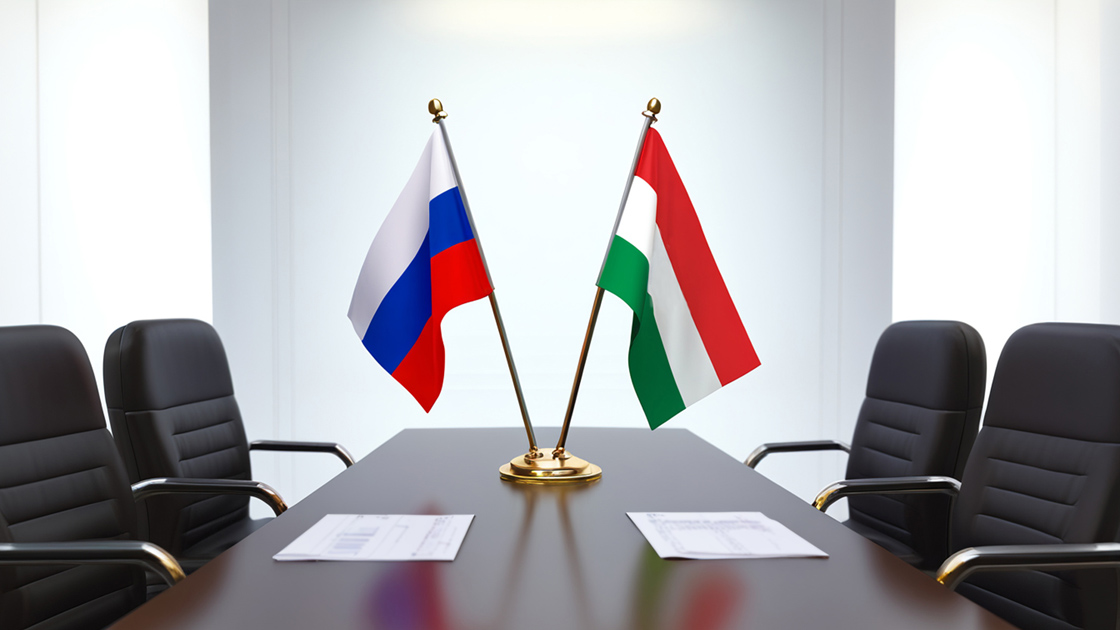Hungary’s Prime Minister Viktor Orbán is preparing for another politically charged trip to Moscow, where he is expected to meet Russian President Vladimir Putin on November 28, according to reports citing government sources involved in the visit’s preparations. The news has not yet been officially confirmed by the Hungarian government, which says Orbán’s program will be made public “in due time.”
If the meeting goes ahead, it will mark Orbán’s first face-to-face talks with Putin since July 2024, when he traveled to the Russian capital on what his office called a “peace mission.” Back then, Budapest only acknowledged the trip after Orbán’s plane had already landed, a move that irritated several EU partners and reignited debate over Hungary’s role inside the bloc.
Since Russia’s full-scale invasion of Ukraine in early 2022, Orbán has maintained one of the closest channels to the Kremlin among EU leaders, meeting Putin three times in person and staying in regular contact.
The precise agenda for Friday is still unknown, but the timing is hardly accidental. Peace diplomacy around Ukraine has intensified after details emerged of a U.S.–Russia draft framework widely described as leaning Moscow-friendly, prompting Kyiv and European officials to push back with their own counterproposals and demands for stronger guarantees for Ukraine.
Orbán, for his part, has been urging Europe to get on board with Washington’s approach. In a letter sent Saturday to European Commission President Ursula von der Leyen, he argued that the EU should immediately support the U.S. president’s peace initiative and open direct negotiations with Russia.
Orbán has long framed himself as a ceasefire-first leader, insisting that ending the war requires talks with Moscow, not just military backing for Kyiv. Over the weekend he doubled down on that argument, portraying Brussels as overconfident in Ukraine’s battlefield prospects and too reluctant to embrace U.S. mediation.
He has made similar claims in Washington this month, where he also lobbied successfully for exemptions from U.S. secondary tariffs targeting Russian oil giants Rosneft and Lukoil — a notable win for a country that continues to import substantial volumes of Russian oil and gas despite the EU’s broader decoupling strategy.
That energy dependence remains the quiet subtext to Hungary’s Russia policy: while most EU capitals have spent the past three years tightening the economic screws on Moscow, Budapest has tried to keep doors open, arguing that national interest and peace-making demand it. Whether this Moscow visit will be remembered as a diplomatic bridge or another wedge inside the EU may depend on what Orbán and Putin actually say behind closed doors — and what, if anything, emerges from the fast-moving U.S.-led negotiations that now dominate the endgame conversation.


Leave a Reply Cancel reply
Top 5 Articles
 Shaping a Generation of Creative and Resilient… September 10, 2025
Shaping a Generation of Creative and Resilient… September 10, 2025  New Page in the History of Budapest Airport October 8, 2025
New Page in the History of Budapest Airport October 8, 2025  Duna House Profit Climbs Nearly 70% in Q3 November 24, 2025
Duna House Profit Climbs Nearly 70% in Q3 November 24, 2025  For the Export Success of Hungarian Enterprises June 17, 2025
For the Export Success of Hungarian Enterprises June 17, 2025  Representing France in Familiar Territory October 6, 2025
Representing France in Familiar Territory October 6, 2025






No comment yet. Be the first!